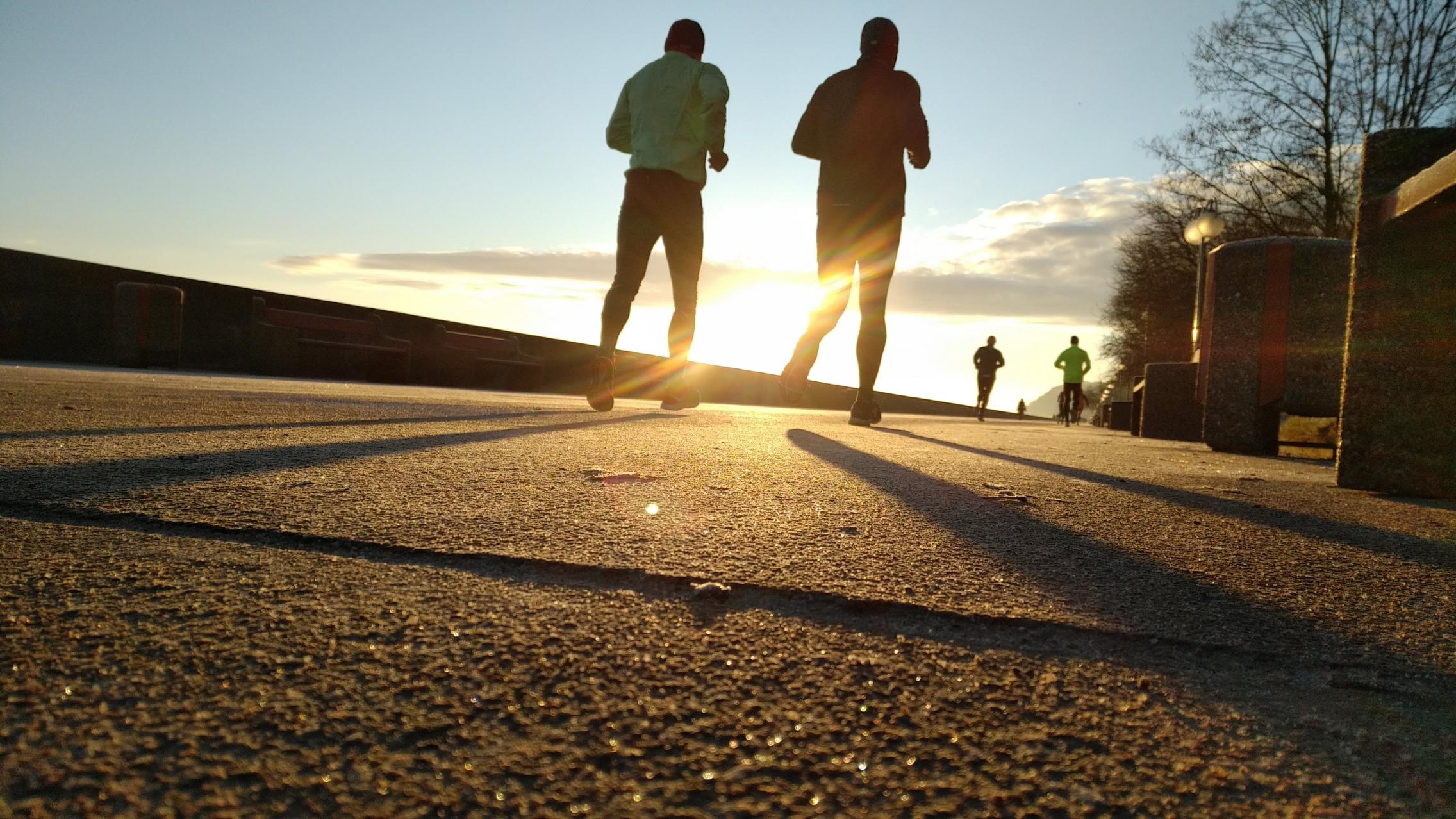We are looking for runners to complete their normal running training schedule over a period of 20 weeks using their Global Positioning System (GPS) watch/application(s).
Why participate?
You will be part of a study that investigates the running characteristics of recreational runners. This study will indirectly benefit the wider running community by providing insight in running characteristics that relate to running performance and injury.
What will participants do?
Participants will be required to:
- complete an initial questionnaire regarding their training history/experience to determine suitability for the participation of this study.
- complete follow-up questionnaires regarding your training habits, beliefs and running related questions at baseline (week 10) and upon completion of the study (week 20)
- record your running sessions using a global positioning system (GPS) watch or application
- upload GPS data to a training diary
- complete a brief wellness and rate of perceived exertion question on the training diary software/application after each recorded running session
- report any running related injuries throughout the 20-week training protocol via the training software.
Who can help?
To be eligible for the trial participants must:
- Be aged 18 – 50 years
- Have no lower-limb/back injury within the past six months that forced you to miss scheduled running for two weeks
- Running experience of one to three sessions/week consistently over the previous six months
- Own a Global Positioning System (GPS) wristwatch/application
- Have a recorded 3km, 5km, 10km, 21.1 km or 42.2km time in the previous six months
- Be able to read written English
- Have no former contraindications for vigorous physical activity
- Have had no heart or chest surgery
- Not have any symptoms of chest pain, dizziness or discomfort while being physically active
- Not be Pregnant
- Not be taking prescribed medication for any cardiovascular problems
- Have no previous lower-limb/back surgery that influences running activities
For more information and to get involved:
Email Michael Nitschke on running_studies@adelaide.edu.au

